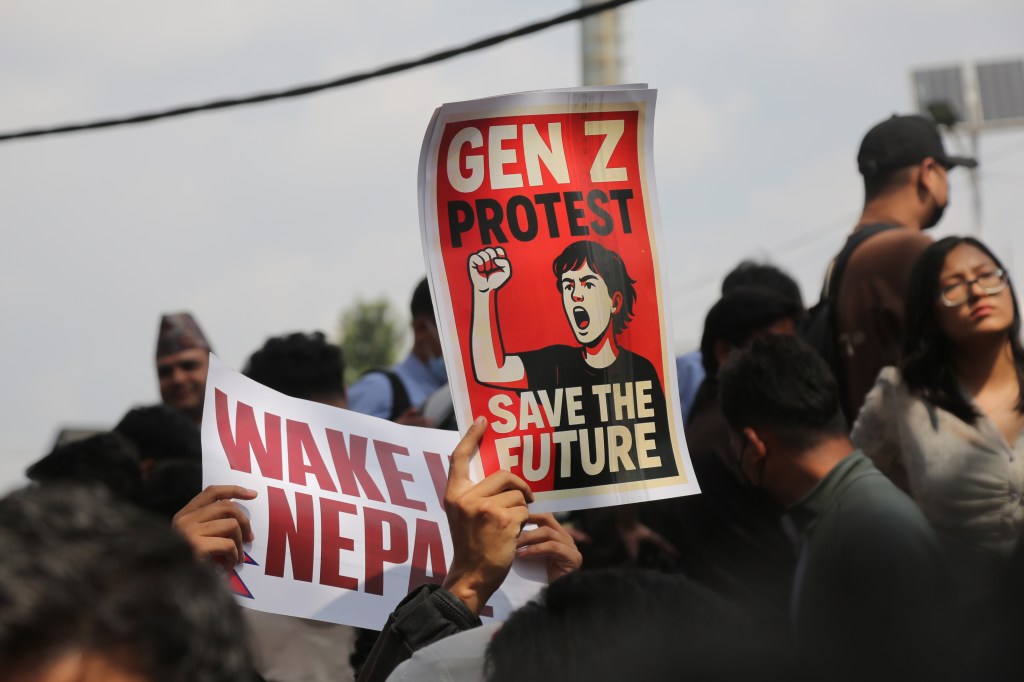In a significant development, Foxconn, Apple’s primary assembly partner, has instructed over 300 Chinese engineers and technicians to return from its iPhone manufacturing facilities in India. This move, initiated approximately two months ago, has left only Taiwanese support staff at these Indian plants. ([techcrunch.com](https://techcrunch.com/2025/07/02/foxconn-tells-hundreds-of-chinese-staff-to-return-from-its-indian-iphone-factories/?utm_source=openai))
The exact reasons behind this recall remain unclear. However, it coincides with reports suggesting that Chinese authorities are seeking to restrict the transfer of technological expertise and resources to countries like India, aiming to maintain China’s dominance in global manufacturing. ([techcrunch.com](https://techcrunch.com/2025/07/02/foxconn-tells-hundreds-of-chinese-staff-to-return-from-its-indian-iphone-factories/?utm_source=openai))
This development poses challenges to Apple’s strategy of diversifying its production base beyond China. In recent years, Apple has been expanding its manufacturing footprint in India to mitigate risks associated with U.S.-China trade tensions. Foxconn’s recall of Chinese staff could potentially slow down these efforts, especially as the company prepares to ramp up production of the upcoming iPhone 17. ([macrumors.com](https://www.macrumors.com/2025/07/02/apples-india-manufacturing-in-jeopardy/?utm_source=openai))
Foxconn’s Indian operations have been heavily reliant on Chinese engineers and specialized machinery imported from China. The recall of these personnel, coupled with delays in equipment shipments, could disrupt production timelines and affect the efficiency of assembly lines in India. ([restofworld.org](https://restofworld.org/2025/china-foxconn-factoriesfoxconn-stops-sending-chinese-workers-to-india-iphone-factories/?utm_source=openai))
The broader geopolitical context adds another layer of complexity. China and India have a history of strained relations, marked by border disputes and economic competition. China’s recent actions to limit the export of skilled labor and technology to India may be viewed as an attempt to curb India’s emergence as a manufacturing rival. ([restofworld.org](https://restofworld.org/2025/china-foxconn-factoriesfoxconn-stops-sending-chinese-workers-to-india-iphone-factories/?utm_source=openai))
For Apple, this situation underscores the challenges of reducing dependence on Chinese manufacturing. While the company has made significant investments in India, the current disruptions highlight the difficulties in replicating China’s manufacturing ecosystem elsewhere. The absence of experienced Chinese staff in Indian facilities could impact the quality and efficiency of iPhone production. ([macrumors.com](https://www.macrumors.com/2025/07/02/apples-india-manufacturing-in-jeopardy/?utm_source=openai))
In response to these challenges, Foxconn is reportedly deploying more Taiwanese workers to its Indian plants and increasing production in its Chinese factories to ensure a steady supply of iPhones. However, the long-term implications of these shifts remain to be seen, especially if geopolitical tensions continue to influence corporate strategies and supply chain decisions. ([restofworld.org](https://restofworld.org/2025/china-foxconn-factoriesfoxconn-stops-sending-chinese-workers-to-india-iphone-factories/?utm_source=openai))



